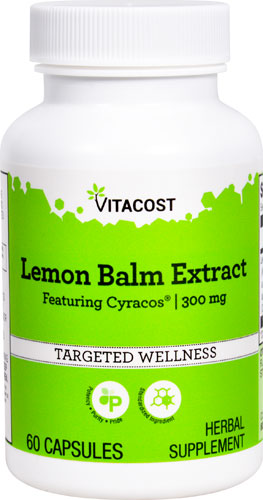Stress, renowned for its tension-ridden downside, is in desperate need of rebranding. Yes, stress is linked to an array of illnesses, including heart disease, leaky gut and autoimmune disorders. Stress also serves as a catchall for mind-boggling gamut of experiences, situations and responses—most notably burnout, fatigue and anxiety.
The original definition of stress by the late doctor Hans Selye, who coined the term as it is presently used, was, “the non-specific response of the body to any demand for change.” Stress gets pinned as the culprit for everything, from overspending to underperforming.
But stress also comes with advantages: resilience, productivity and discrimination. What if instead of making stress the enemy, we learn to befriend it? Maybe stress itself is not the problem—the problem may be our attitude to stress. In order to challenge several fixed notions about stress, let’s explore—and reframe—five common stress myths.
1. Stress is the same for everybody
One of the most common way to gauge a situation’s stressfulness is the amount of threat or harm an event poses. Another way of thinking about the magnitude of stress: stress levels increase the more adaptation (or change) a stressor demands. Still others define stress as a mismatch between demands and resources. The more resources you have, for example financial resources, the more you can mitigate the “stress” of the demand.
But if you don’t have resources, the demand can feel exponentially more overwhelming. Finally, a fourth way of assessing stress measures the extent of which a life event requires an “interruption of goals.” Different stressors combine with different resources to affect different predispositions uniquely—so there is no standard stress response.
Tip: Figure out for yourself what your top stress triggers are. For many its money, for others its relationships, including parenting. Examine your relationship to the trigger by examining the perceived threat neutrally. Your response to the threat may be unconsciously impacted by similar threats you experienced growing up, when you were powerless to make choices. With the help of a therapist you can explore these triggers from a more adult perspective.
You can also limit stress by thinking of it as detrimental to the quality of your life. When faced with a stressful scenario, ask yourself: Is this worth having a heart attack over? Is this worth getting depressed over?
2. Stress is always bad for you
According to the American Institute of Stress, there is such a thing as good stress. It’s called eustress, which often connotes euphoria. Stress has a sweet spot, above which productivity, attention, creativity, and, of course, happiness are all depleted. "A 'good' stressor—a passion project or great adventure or adrenaline-inducing sport—may seem to evoke similar signs of stress in your body, but even butterflies in your tummy can actually be energizing, if not enlivening.
Tip: Notice how your expectations of stressfulness effects the outcome: If you perceive stress as negative, that mindset will shape your body’s response. One study of the stress response suggests that perceiving stress as benevolent can positively affect the ratio of stress hormones the adrenals release. If you interpret jitters as a sign you are engaged, alive, and a little vulnerable, that’s much different than wanting those jitters to cease and desist.
3. Stress is inevitable
Stressful events may be unavoidable, but your reactions determine whether or not you feel stress. Steep slopes can be stressful to a new skier, but part of the “stoke” for an experienced one.
Tip: Try telling yourself you are excited when you feel anxious, says Kelly McGonigal, a Stanford psychologist and author of the book “The Upside of Stress.”
4. Severe stress will always escalate
Depression is not an inevitable effect of a major life stress; some people are more resilient than others. Positive self-esteem is a marker of resilience; negative attitude and a tendency to ruminate will tip the scales toward depression. And not all traumatic events foretell PTSD: Amit Sood, chair of the Mayo Clinic Mind-Body Medicine Initiative, says, roughly 10 to 15 percent of people who live through traumatic events experience post-traumatic stress disorder.
Tip: If you want a way to handle anxiety better, tell yourself you can handle it. McGonigal cites one study that when people are told their performance improves under pressure, their actual performance improved 35 percent. Likewise, finding a community of support if you are stressed limits the isolating effect of stress—and helps you find the common humanity that is at the root of your experience.
5. Only major symptoms of stress require attention
Recognize how your body responds to stress, such as difficulty sleeping, increased alcohol and other substance use, quick to anger, depression and low energy. Feeling overwhelmed is a spectrum—you don’t have to consider yourself suicidal to seek support.
Tip: Pro-actively find ways to strengthen your resilience to stressors. We all will live with some profound personal sorrow, says writer Ross Gay. There will be constant and ongoing “demands for change.” How we live with that change, that impermanence, is up to us. Community and social support plays a huge role as resource. Talk with trusted friends or family members, or seek professional help from a support group or therapist.




